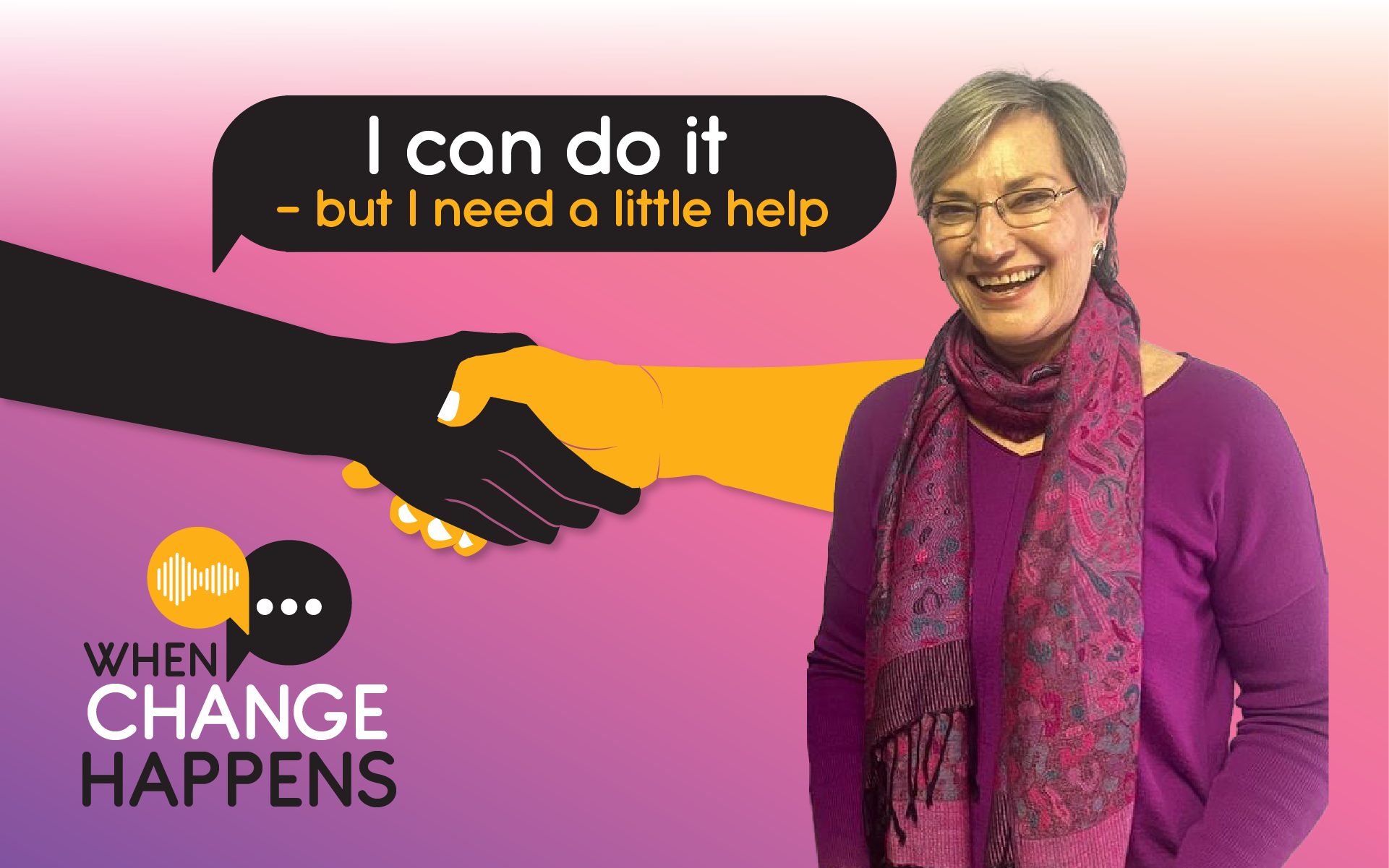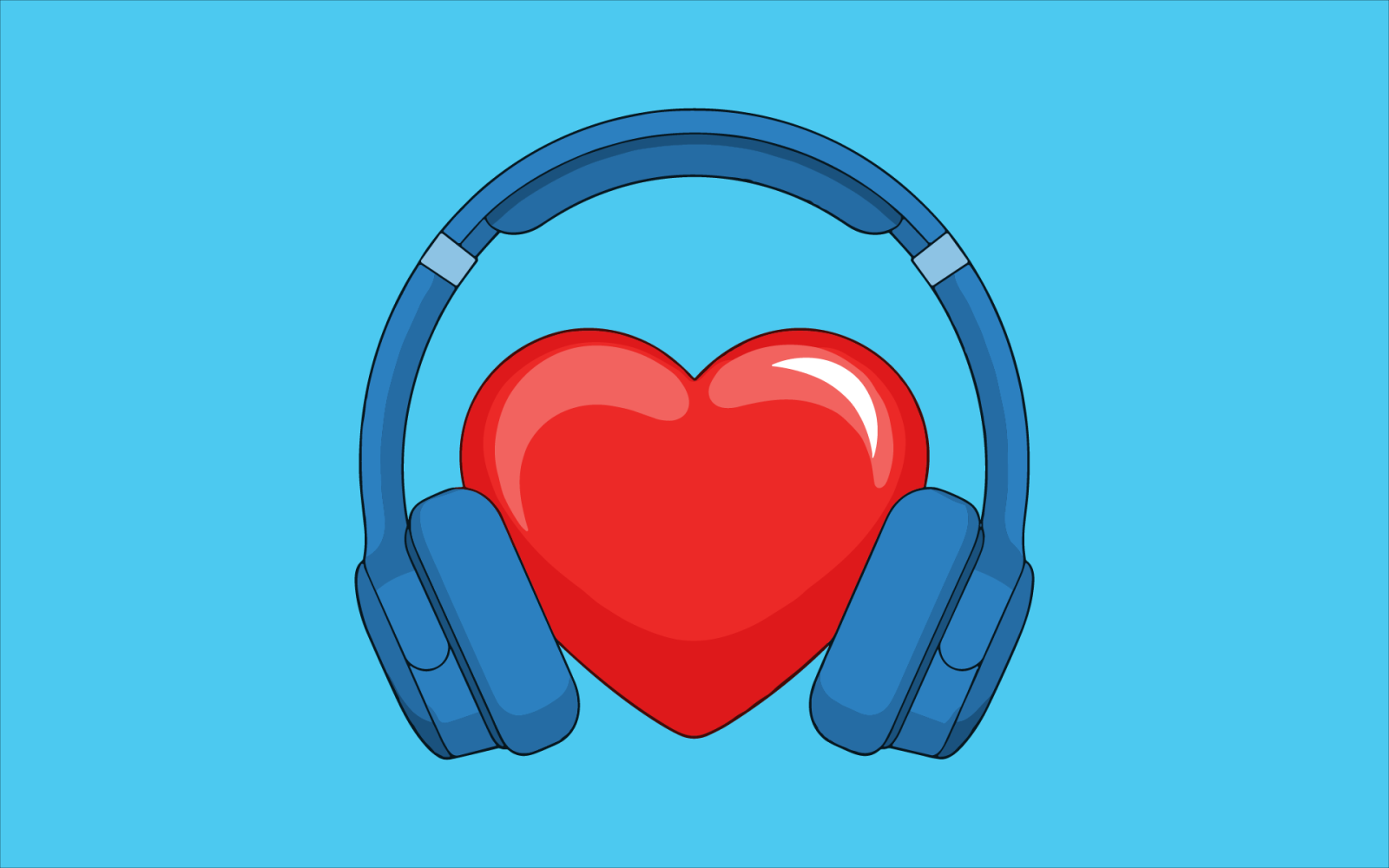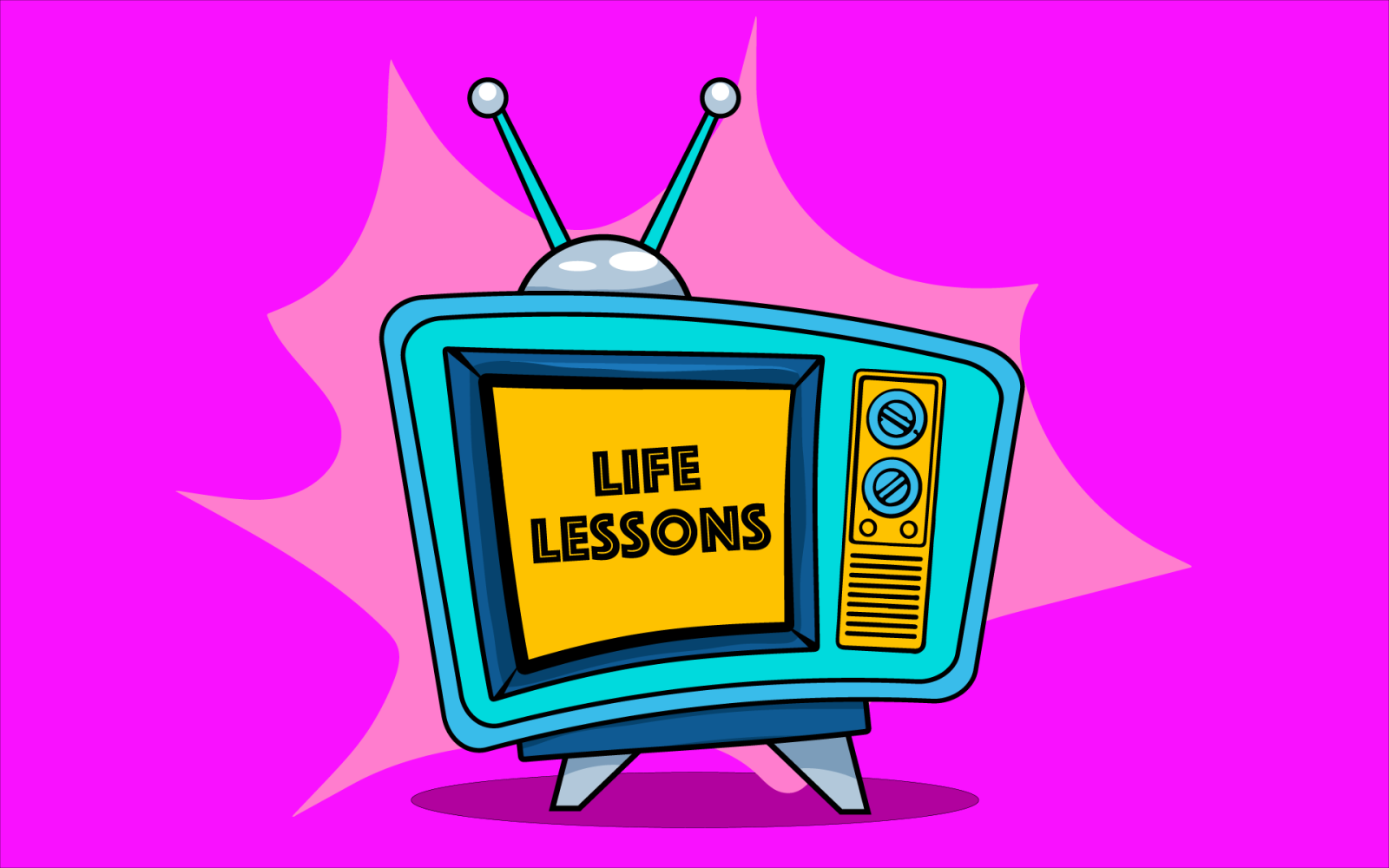‘I can do it – but I need a little help’

You have the power to make decisions and put them into practice. However, you don’t have to do it alone.
David Patient survived AIDS for four decades. In my role as presenter for M-Net’s Carte Blanche I first met him in the mid-90s when we did a profile of him. Subsequently, he featured in three more Carte Blanche programmes and we became firm friends. With his partner Neil Orr, he trained thousands of South Africans in life skills to handle this scourge, long before the advent of ARVs. Part of the training was practical, part mental. One of David’s pet hates (he was a man of fierce and often furious convictions) was an attitude of victimhood, when people blamed someone or something else (God/circumstances/other people) for their situation and professed to be unable to change it. As long as you believe that, he preached, you give away all your power. (Henry Ford of Model T fame said the same thing: “Whether you say you can or you say you can’t, you’re right.”)
David often encountered women who felt trapped in unequal partnerships, where the man held the purse strings, and they could not see a way out. “You have to have a f**-you fund,” was his blunt advice.
Thapelo Tsiu is a much gentler soul and would never use such a term in a formal conversation, but he made the same point when we talked about leaving his corporate job and starting his own business. When I asked about the fear of being without a regular income, he said, “Having been in the financial industry, (I knew) the importance of saving. So, a little bit of a cushion helped me sail through the two months while I was still busy building (the business). I had some sort of an emergency fund.”
An emergency fund makes choices possible. It makes it possible to walk away, with or without David’s emphasis. But the very act of building that escape route implies what David would have called owning your power, having a belief that says, “I can. I have the power to make decisions and put them into practice.” Change scientist Dr Frank Magwegwe calls this “self-efficacy”.
Thapelo always set himself challenges to prove to himself that he could face whatever it took to achieve his goals. He went bungee jumping as a very practical expression of this quest, first 100m high off the Soweto Towers, then the 62m “big swing” in Mpumalanga, and finally 208m off the Bloukrans bridge. “For me, taking chances was not a difficult thing. I made the conscious decision to always just try for myself, to see if I can do this, if I can do that.”
Bungee jumping may be a step too far for most of us, but the idea of testing yourself every now and then is a good one.
Having that “self-efficacy”, however, does not mean doing what you want to do as a lone warrior without any help. On the contrary.
When Wendy Selebi asked her pension fund for a projection of her future circumstances, she received a “red letter”, a report which indicated that she would not be able to retire comfortably. She was devastated. “I thought, my goodness, it means I might have to sell my home or my car. The thought just sent me into a spiral … for a few weeks I was really miserable.” But then she took herself in hand. “I thought, I’m going to fight this. I’m not giving up. I’m going to do whatever needs to be done to make sure that in these ten years that I’m left with (until retirement), I do the best. I didn’t give myself any room for failure. I told myself, we’re doing this, girl.”
Her first step was to sit down with a financial adviser. This sounds simple but consider the circumstances. At that point, Wendy was travelling all over the country teaching financial literacy. Now she had to make herself vulnerable and ask for help in what was, at least partly, her own field. It takes humility to ask for help but also, paradoxically, the basic belief that with help, you can do it.
Megan Scott and husband Greg had their first baby during Covid. He was a “robust, bouncy” little one, and, partly because of the circumstances of the pandemic, “we sort of were raising our child on our own, not really needing to lean on other people. Even when people offered, I often felt it was a sign of weakness to ask for help.” The birth of premature twins just a few years later, in addition to raising a three-year old, forced a change. “I realised I wasn’t going to survive, mentally or physically,” remembers Megan. She had to admit she needed help; that doing so was not a sign of weakness but of strength. Finding support made it possible for her to fulfil her new role of mother to three children and also return to work.
Steve Milton “drove (his) wife crazy” with trying to find a new path after a heart attack brought his high-pressure job to an abrupt end. Even though he himself was a successful consultant, he was humble enough to reach out to a business coach, who sat with him for two days, helping him to clarify his values and priorities and, ultimately, formulate a new possibility.
When Costa Carastavrakis was confronted with the stark reality of his drug addiction, he phoned a friend, a recovering addict. She referred him to a meeting of people following a 12-step recovery programme. That friend, and the people he met at that and future meetings, saved his life.
You have to believe in your ability to make the change you want, but as long as you insist on doing it on your own, you probably won’t get very far. “Change is a team sport,” says Dr Frank. You have to be humble enough to say, “I don’t like where I’m at. I need help to get out of here.” Then you will find the right people to support you.
As the old saying goes, when the student is ready, the teacher will appear.
For more information on the importance of asking for help, read Change is a team sport.




